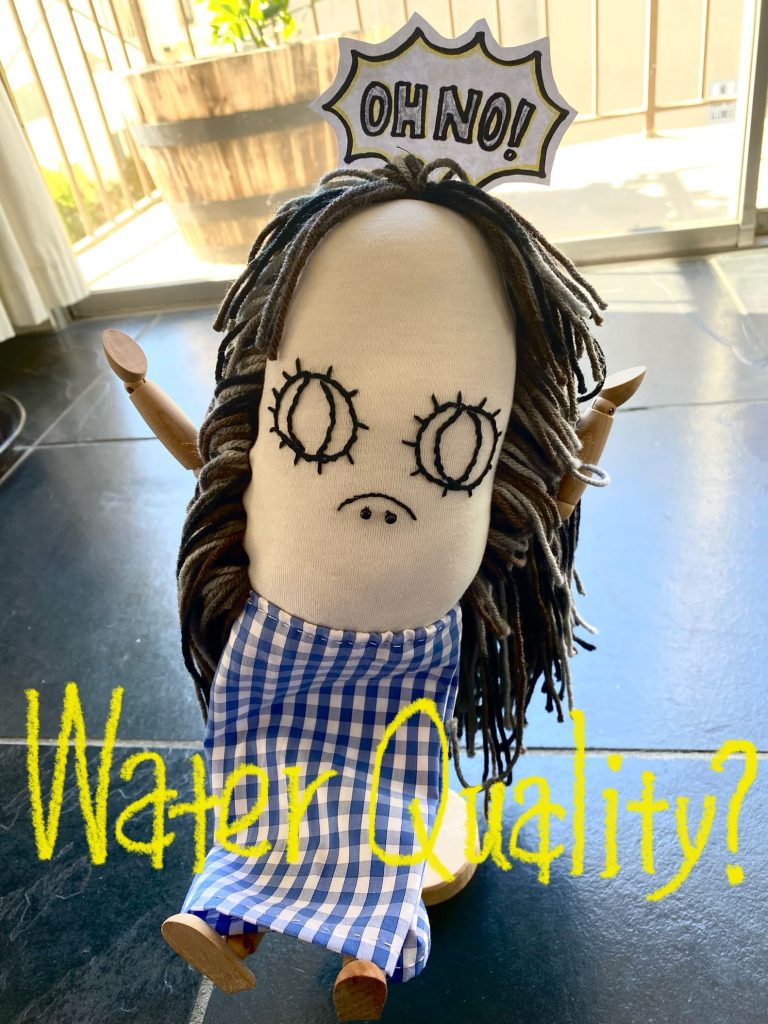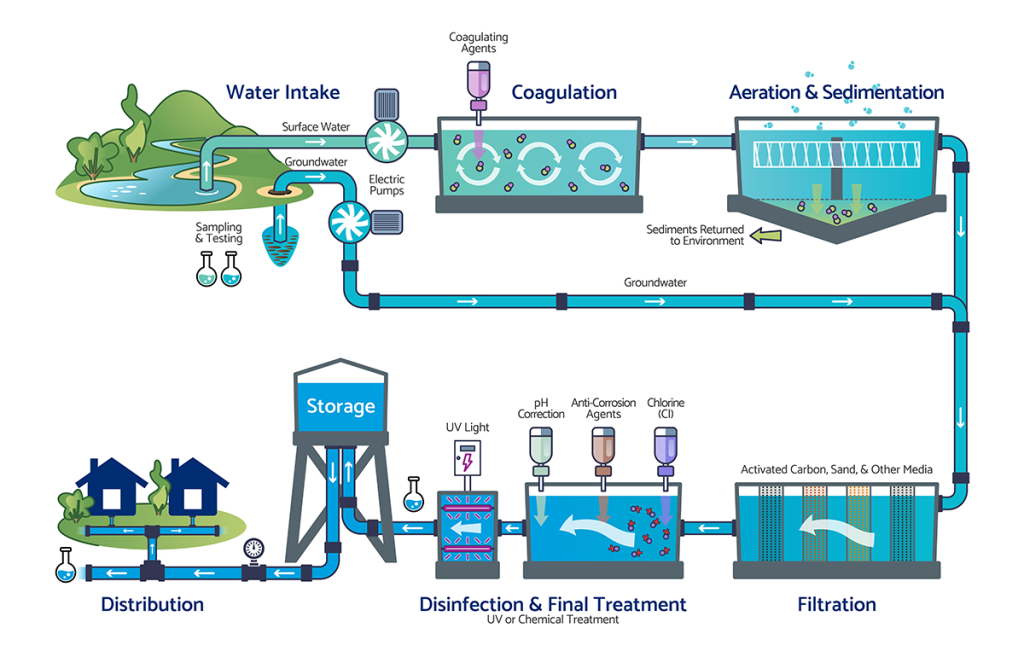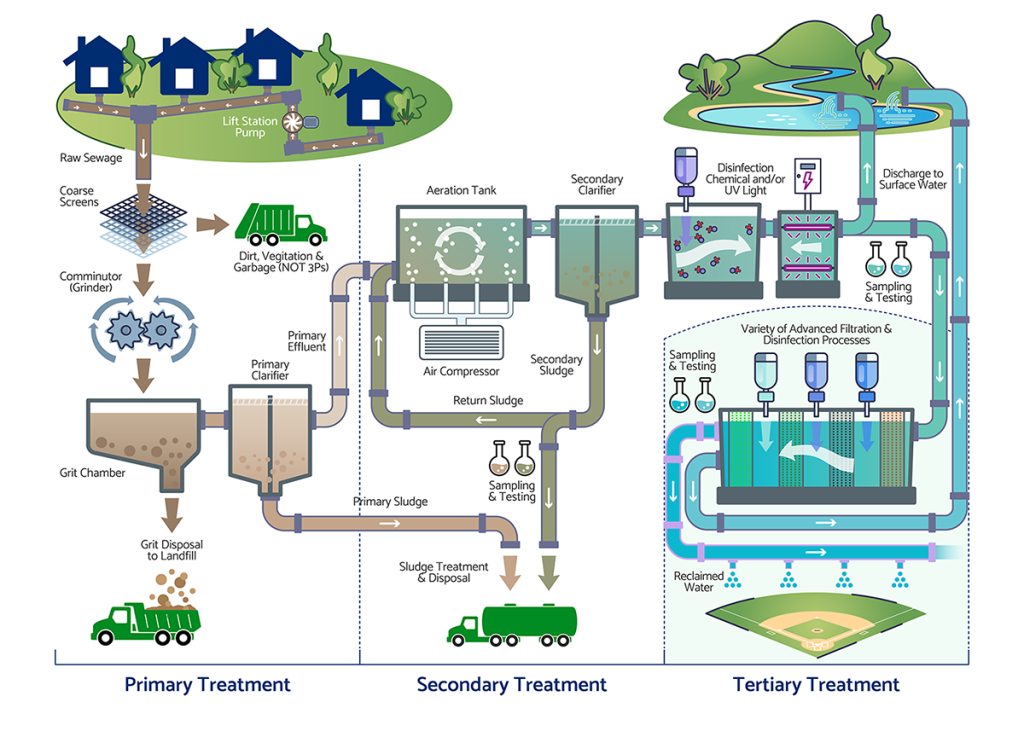
What do I need to know about water quality?
水質について何を知っておくべき?
I don’t know anything about water quality.
What kinds of chemicals do I need to avoid?
Why do water bottles have an expiration date?
I don’t want my kids to get sick.
Everybody has the same concerns when buying emergency water. We have all heard at least one scary story about water quality, and everyone has had experience trying to decide which water to buy. Are BPA plastic bottles safe? Is water from a “municipal water source” worth the money? I don’t like to get too complicated when shopping for emergency water. In a real emergency, we can’t afford to be picky. If we have water at all in a serious emergency, we should consider ourselves lucky.
水に関しての情報がありすぎるけど、災害時はとにかく水を確保できたらラッキー。
Therefore, assume our water may not be safe, but get it anyway.
安全かどうかは言ってられない。とにかく確保。
These sites have information regarding water quality. Check them out; I think you will reach the same conclusion I did.
▪︎ United States Environmental Protection Agency (EPA)
▪︎ Centers for Disease Control and Prevention (CDC)
▪︎ U.S. Food and Drug Administration (FDA)
▪︎ International Bottled Water Association (IBWA)
I picked up some points from these sites and others on the web.
▪︎ The U.S. Food and Drug Administration (FDA), responsible for regulating packaged food products including bottled water, has determined that bottled water has an unlimited shelf life. Thus, FDA does not require an expiration date for bottled water products. Because it is packaged under sanitary, good manufacturing practices; is in a sanitary sealed container; and does not contain substances (such as sugars and proteins) typically associated with food spoilage, bottled water can be stored for extended periods of time without concerns. (IBWA)
▪︎ The U.S. Food and Drug Administration (FDA) suggests that unopened commercial bottled water is safe indefinitely if the bottles are properly sealed and not broken. The FDA reports that the look, smell, and taste of bottled water may change during long-term storage, but the water is still safe to drink. (medicinenet.com)
▪︎ There are over 148,000 public water systems in the United States. EPA classifies these water systems according to the number of people they serve, the source of their water, and whether they serve the same customers year-round or on an occasional basis. (EPA)
▪︎ Drinking water can expose people to a variety of harmful pollutants and pathogens. Public water systems use water treatment and monitoring to protect consumers from such contaminants. Generally, private wells do not receive the same services that wells supplying the public do. Well owner’s are responsible for protecting their drinking water. (EPA)
Drinking Water Treatment (simplified process)

Wastewater Treatment (simplified process)

⚠️
In a real emergency, we can’t afford to be picky.
実際の災害時は選んでられない
There’s lots of info about water quality out there, and most of it sounds like “it’s your choice,” or “you decide what water quality is acceptable for you.” Well, of course!!! I mean, duh! Those answers are non-helpful. It’s too bad no one can provide 100 percent certainty. The approaches we can take toward our emergency water fall between two extremes. We can assume no bottled water is safe. Or just trust. Trust the bottled water companies, trust each city, the public water systems, workers, well water, aquifers, the environment, friends’ recommendation, SNS… I know, it is hard to judge. So I like to take a balanced, middle ground approach, where I learn as much as I can; I stay prepared, vigilant, and alert; and I still trust myself, and trust others.
水質に関しての情報が多過ぎて、そして曖昧。どの水を信じていいのかは自分次第。
ただし、水があるだけ幸運だったと思うことが災害時は必要。
In an emergency situation, we may not have any choice. Sometimes all we can do is be prepared and pray. We have to hope we’ll get lucky.
Along the lines of “Not even a penny can be wasted.”
Maybe we can say,
“Not even rain can be wasted.”
See you next time!
Remember, “Protect your life by yourself” (自分の命は自分で守る). You need to survive first, and then you need your emergency supply. No matter how well you prepared your emergency supplies, if you die, then all of your preparations will have been for nothing. First and foremost, keep your health up all the time. Build your stamina so that if you need to, you can evacuate as quickly as possible. Stay healthy